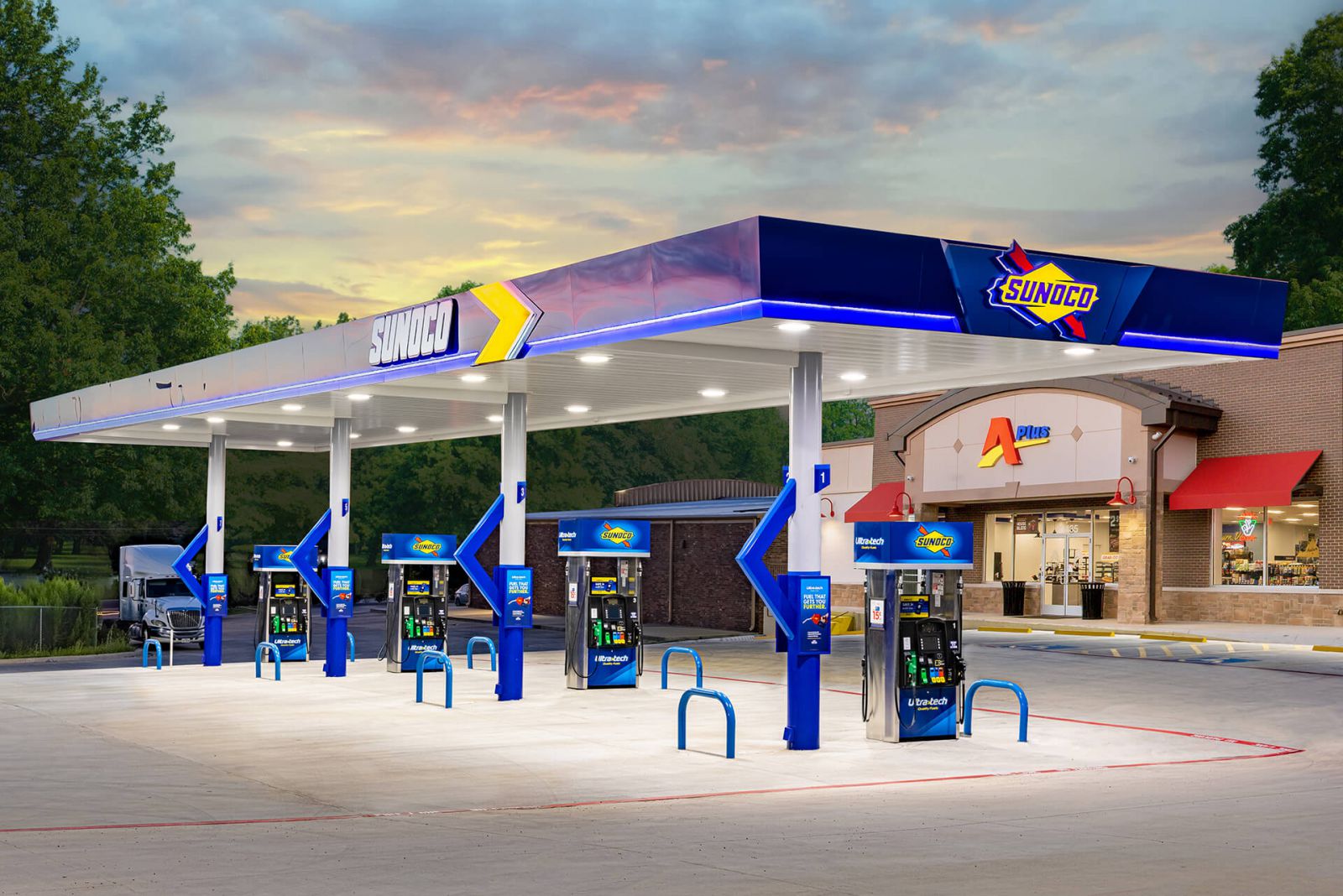Passion Meets Performance

Car Engine Maintenance Tips for Best Performance
- News Staff @ AutoGuide.com
- 16-Aug-21
- View source article
Your car, truck, or SUV - new or used - is one of the most expensive purchases you'll ever make. It's why you want to keep your vehicle at its best for as long as possible, because preserving value is nearly as important as keeping it out of the shop or having it be reliable for you every day. One of the most important parts of preserving your car is running your engine at peak condition, and there are a variety of ways to do just that. From topping it up with a high detergent fuel, like Sunoco Ultratech™, to keeping up with the proper maintenance, here are some tips to keep your car's engine running its best.
You've Got to Keep it Lubricated
One of the best ways to keep your car's engine running its best is to stay on top of oil changes. Don't blindly follow the sticker that the last oil change shop put on your windshield, open up your owner's manual and read the recommendations.
You could follow the traditional 3,000-mile interval, but modern engines and modern oils mean that you probably don't need to change it that often. Though, if you do much of your driving in extreme hot or cold weather conditions, spend much time towing or hauling, or if you drive frequently on dirt roads or salted roads, then you might fall under what automakers call "severe service" use, and that requires more frequent fluid and filter changes to keep your vehicle at peak performance.

Fuel it Right
Gasoline has a minimum detergent level, and that minimum level can still lead to significant buildups on your engine's intake valves and in your fuel injectors. Those buildups can stop your engine from running its best, and they need to be cleaned.
How do you clean your valves without taking apart your engine? Unlike oil, coolant, and filter changes, you can clean the inside of your engine with every tank by using Sunoco’s Ultratech Top Tier fuels and looking for the Top Tier brand whenever you fill up.
Top Tier is a fuel standard that was written by automakers including Ford, GM, Toyota, Honda, Volkswagen, and more. It requires more detergents in fuel than the minimum requirements because those automakers found that the minimum government requirement wasn't good enough.
When you add more detergents to fuel to meet the Top Tier fuels guidelines, like you'll find in all of Sunoco Ultratech’s grades of fuel from regular to Ultra 93, it's like cleaning your engine from the inside. The detergents help to scrub away deposits inside your engine's combustion chamber, on the valves, and inside of fuel injectors. Removing the deposits can smooth out a rough idle, can solve engine hesitation when you're accelerating, and can keep your engine running its best.
Sunoco Ultratech fuels meet Top Tier detergent fuel standards, meaning you can help get rid of the deposits that rob fuel economy and performance, keeping your engine running cleaner, longer, and more efficiently.

Don't Lose Your Cool(ant)
Heat is the enemy of nearly every part of your engine. When things get too hot, they break down. When they break down, they can cause engine failure or expensive damage. It works both ways, though. If they don't get hot enough, then your engine won't run its best. Instead, it can use more fuel to try and warm up, leading to rough running and hurting your fuel economy. Or, leaving you cold in the winter.
While this can sometimes be related to thermostat issues, it’s important to always check and maintain your engine's coolant. Coolant, also called anti-freeze, is an essential part of keeping your engine running at the right temperature, hot or cold. Coolant breaks down over time, so it doesn't work as well as it should. Small leaks can lead to low coolant levels, and low coolant levels can mean overheating even before the temperature gauge can warn you. Replace your coolant when your automaker recommends, and if you think it might need replacing sooner, most garages can test the coolant for you. Or you can purchase a tester at most auto parts stores.
.jpg)
Don't be Running on Empty
Keep fuel in your tank. Modern vehicles have at least one fuel pump, and it's located inside the fuel tank. The pumps use the fuel in that tank to help keep them lubricated and cool. Running your car near empty means there is less fuel in there to keep the pump happy. Sure, running the tank dry can be exciting, not knowing if you'll make it to the gas station in time, but it's not good for your engine. Running low on fuel can also cause your fuel pump to pump air instead of gasoline, and that can cause engine damage.

Don't Filter Out Proper Maintenance
Your engine needs to breathe to run its best, and that means checking and changing your air filter. The engine air filter traps dust, dirt, and even water, stopping that dust, dirt, and water from getting into your engine. Once inside your engine, dirt can damage your cylinder walls, your valves, and other expensive engine parts. A clean filter stops those particles, while a dirty filter might struggle to keep up. A dirty air filter that is overdue for a change makes it harder for your engine to breathe, too. The tougher it is to pull air through the filter, the harder your engine has to work, using more fuel and leaving you with a sluggish performance.
The cabin filter can also stop your engine from running at its best. A dirty cabin filter leads to less airflow into the car, so you turn up the AC. More electrical draw along with more time spent with the air conditioning compressor running (it needs that airflow to stay cool) means increased engine wear, AC system wear, and reduced fuel economy.
Car maintenance never stops. Some services, like changing spark plugs, might only need to be done once a decade, while others, like oil changes, should be done a couple of times a year. You can perform one of the most important maintenance services by cleaning the fuel system and the valves of your engine every time you fill your tank. Just use Sunoco Ultratech Top Tier fuels that you'll find at every Sunoco station.




